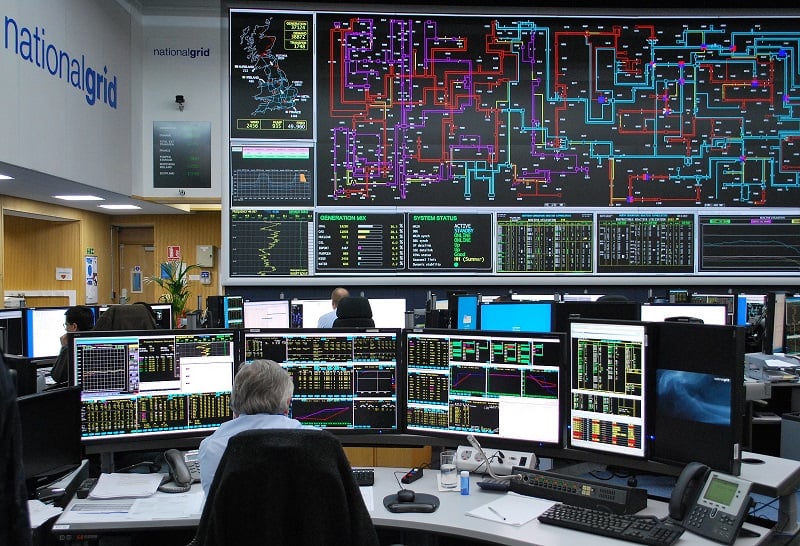Ofgem’s recommendation that an independent system operator is created is “understandable” but “only the first step on a longer journey”.
Announced last week, the recommendation was made for a variety of reasons, one of these being concerns over how potential conflicts of interest for National Grid ESO could lead to bias.
In response to the recommendation, Flexitricity’s chief strategic officer Dr Alistair Martin pointed to how Ofgem made net zero central to its review of Great Britain’s energy system operation “right at the start”, something which he added sets “a powerful precedent”.
“Everyone involved in writing, reviewing and updating energy regulations must now ask themselves whether or not each new idea helps us decarbonise,” he continued, adding that Flexitricity has seen “a programme of transformation that has been relentless and far-reaching” in its time providing decentralised reserve and response to National Grid.
“I can clearly see why Ofgem wants to take this to its logical conclusion: the formal separation of the independent system operator,” he said.
This was something echoed by Jon Slowe, director at research and consulting company Delta-EE, who said that the creation of an independent system operator is “an understandable step”.
This, he said, is due to the increase in flexibility required for system balancing, network constraint management, frequency response, reduced electricity price volatility and electricity system stability, and therefore the subsequent need for the development of appropriate flexibility products to be done by an organisation “free of conflicts of interest and based on a system view across all timescales”.
However, he added that while understandable, this is likely to “only be the first step on a longer journey” that on its own “will not achieve the ultimate goal of an integrated net zero energy system”.
In his response, Martin also said it was worth acknowledging the achievements already made, citing developments such as the launch of Balancing Mechanism Wider Access, Dynamic Containment, the Data Portal and the first of the Pathfinder projects among others. There is still more to do, but “we mustn’t leave the progress we have seen unacknowledged and we must note that National Grid ESO is well ahead of its peers”.
He also pointed to electricity distribution – which the review didn’t cover – stating that the lessons learned from the separation of National Grid ESO from ownership of transmission assets apply “at least as much to the distribution networks”.
“If the distribution network companies are to become true Distribution System Operators, they’re going to need a similar structure to the one Ofgem proposes for National Grid.
“We need that change, because right now we’re stuck: potentially flexible customers are locked away from markets behind constrained connections; networks are underutilised due to lack of monitoring and passive management; co-ordination between ESO and distribution is still on the to-do list.
“When Ofgem applies its net zero thinking throughout the energy system, from national-scale 400kV lines down to the last mile in city streets, then we’ll see true transformation,” he concluded.
Meanwhile, the proposed creation of an independent system operator was welcomed by energy secretary Kwasi Kwarteng, committing to “consider its recommendations thoroughly”.
Kwarteng praised the UK as “leading the green industrial revolution”, adding that “we must ensure that the energy system is designed to provide the very best for consumers and allows energy companies to keep innovating as we build back greener”.






